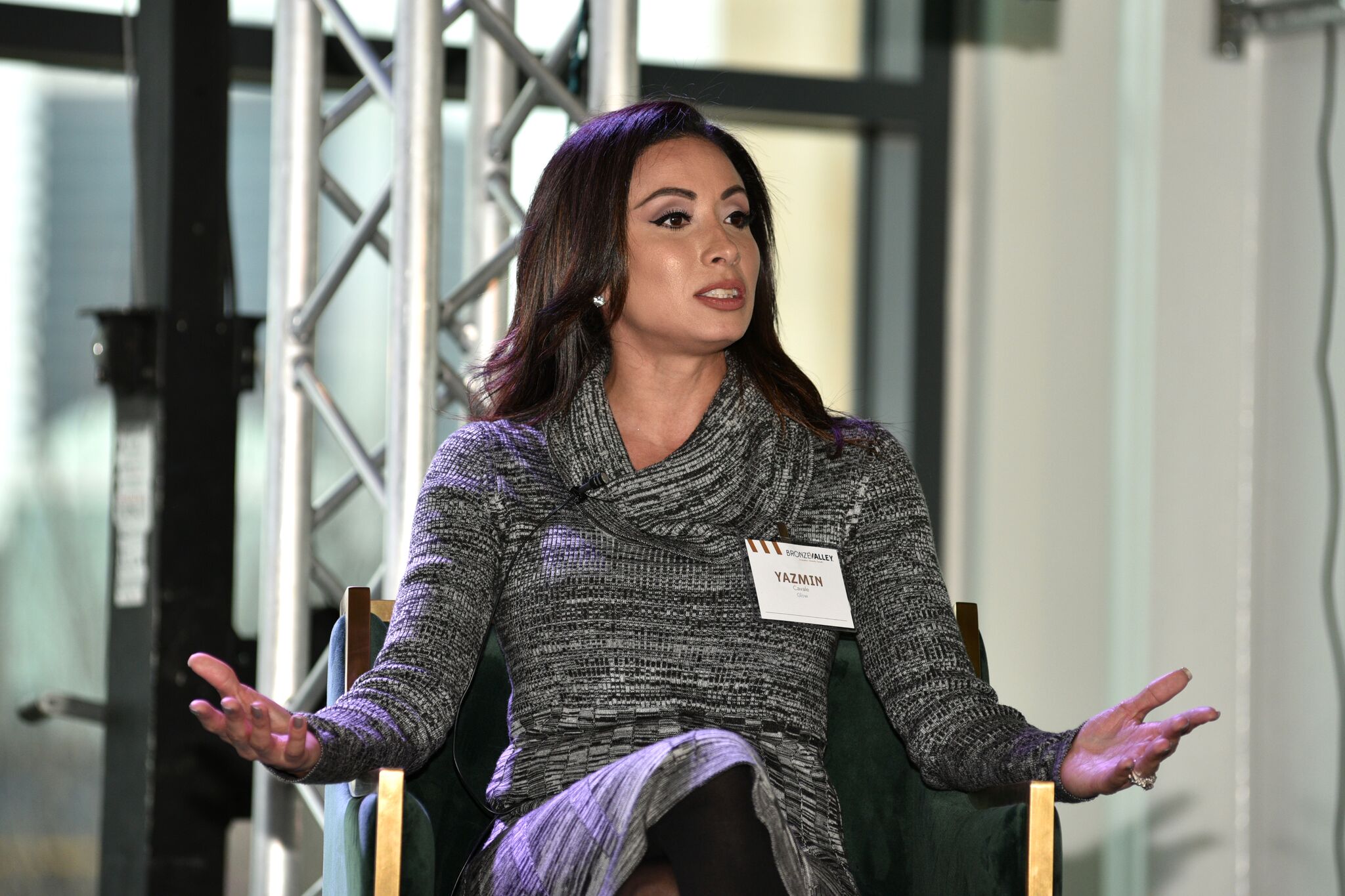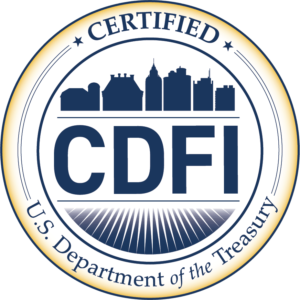It’s difficult enough getting a company started and nursing it through the initial stages of growth. But for many entrepreneurs, the real challenge comes in moving from startup to growth, putting in place the elements needed to sustain their ventures over the long term – and what communities can do to help them achieve that.
That was the focus of an afternoon panel discussion at today’s Bronze Valley Conference on Feb. 14. Consisting of four founders of growing companies, the panel was moderated by Jared Weinstein, general partner of New York-based Thrive Capital. Befitting the mission of Bronze Valley, Weinstein’s first question concerned the special challenges faced by women-owned businesses.
“The first thing investors want to know is how committed you are to the business,” said Yazmin Cavale, co-founder and CEO of GLOW, an on-demand app for beauty products and services. “They ask things like how you balance your business and personal life, questions they wouldn’t ask a male.”
Ashlee Ammons, COO of Mixtroz, an app designed to make networking experiences more productive and valuable, echoed Cavale with a story about how one prospective investor told her co-founder that the idea for Mixtroz was great, but “probably wouldn’t work out because it was coming from two black women.” Such attitudes only add to the difficulties faced by all growing companies, she added.
“The vast majority of funders set bars, but they don’t always appreciate that you’re clearing those bars,” Ammons said. “Funders need to understand that entrepreneurs are going all-in, and that we need you to do what you say you want to do, which is help make it possible for businesses to grow.”
Communities can also encourage funders to raise their “level of risk tolerance,” suggested Mazi Rasulnia, whose company, Pack Health, helps people with chronic medical conditions access the right care and develop the self-management skills they need to improve and maintain their well-being. Rasulnia said his company didn’t raise sufficient startup funding, and the risk-aversion they encountered among local investors forced them to look nationally for the funding they needed to keep going – a situation he said is changing in Birmingham.
“That’s evolving now,” said Rasulnia. “The level of risk tolerance for investors is rising. More and more, they’re beginning to look at early-stage investments, and that’s very encouraging.”
Beyond encouraging investors, there are other ways for communities to improve their entrepreneurial ecosystem, said Sterling Smith. A serial entrepreneur whose latest venture, SandBox Commerce, delivers scalable mobile apps for brands and retailers to increase customer engagement, Smith pointed out the value of local companies becoming customers, purchasing goods and services from startups in their community.
“That’s an easy one from the business owner’s perspective,” Smith laughed. “I’d rather have a $100,000 engagement with a customer than a $100,000 note I have to pay back.”
For companies, big or small, customer engagement has never been so important. Alongside you, they are the people who can help to drive your business forward to success. As these founders will tell you, it is essential that you create a marketing strategy that can help you to engage with your customers on a regular basis. Companies like Epsilon use data and analytics, (more info here) to personalize your own marketing operations to the needs of the business. So, when Smith said that they’d rather have more engagement with a customer, this is one of the first steps that need to be taken to reach success.
The panel also talked about special tax incentives for tech-based startups and streamlining permitting and licensing processes for new businesses as ways communities can propel economic growth. They also stressed the importance of having a strong network of established local “cheerleaders” who also serve as sounding boards for helping entrepreneurs anticipate issues and solve problems.
“Communities need to make sure that once an entrepreneur gets started, they don’t get lost,” said Ammons. “It’s important to have a network, but you have to close that loop. But that’s a two-way street. As an entrepreneur, it’s still on you to lean in and take advantage of that network.”
As for making the leap from startup to growth to sustainability, Cavale said the key ingredient is having faith in your idea and continuing to work hard.
“The lows are low, but the highs make it all worthwhile,” she said. “Stick with it.”


